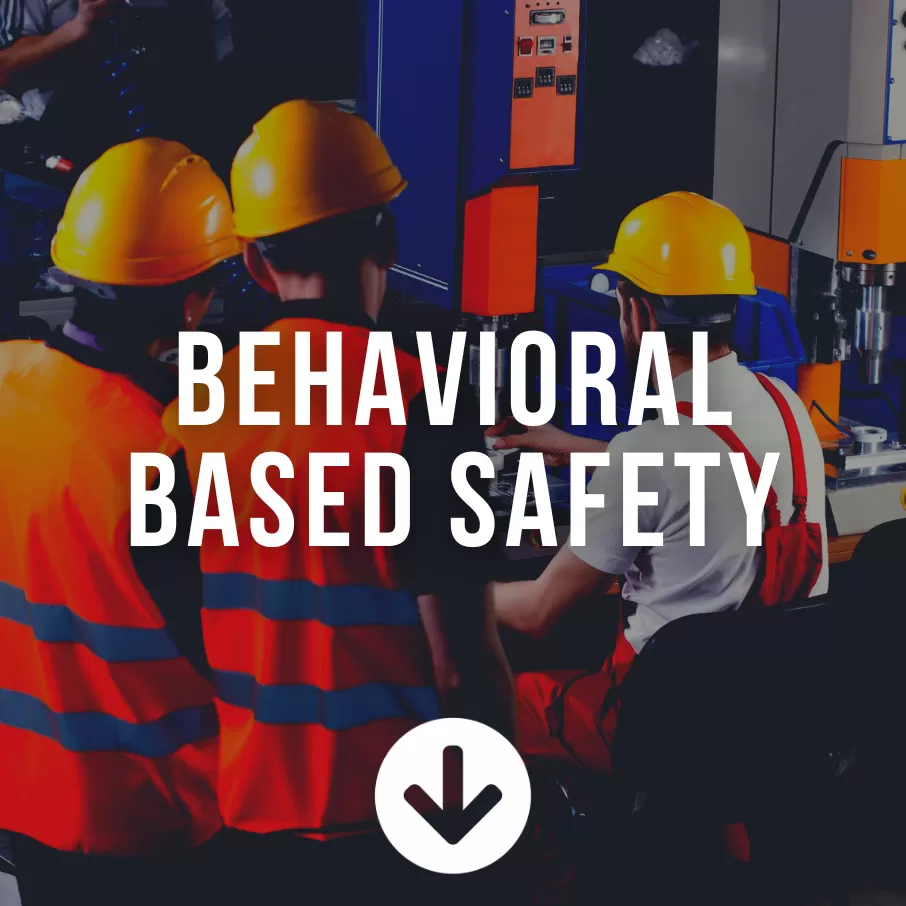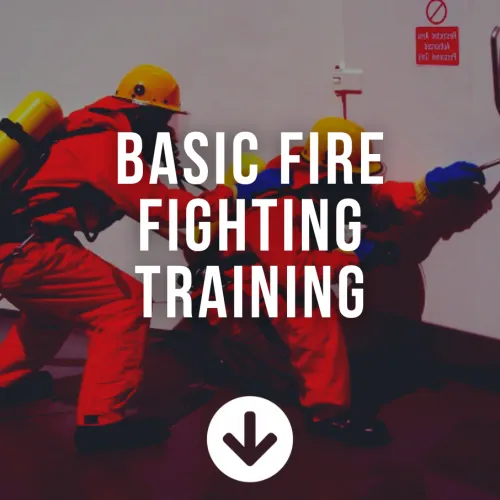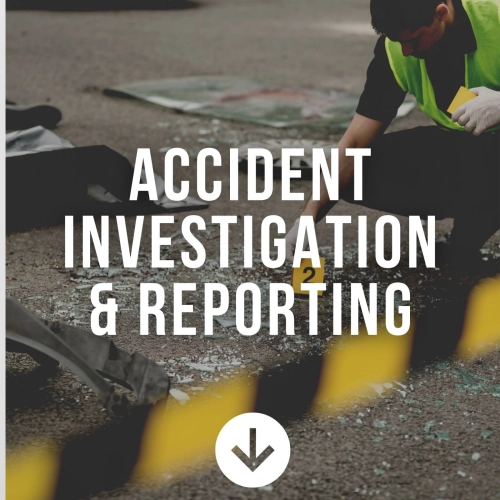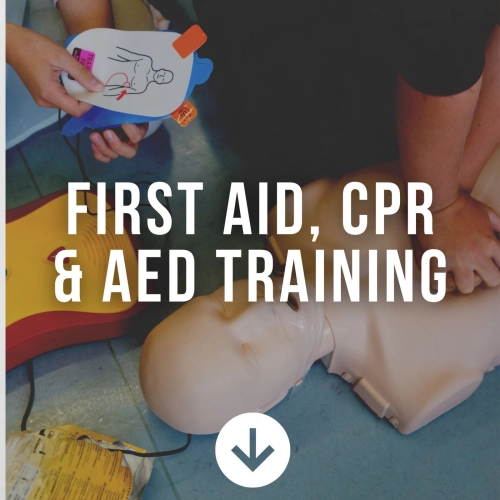Behavioral Based Safety
Behavioral Based Safety
Course Duration: 2 DaysIntroduction
It has always been taken for granted that SAFETY is the sole responsibility of the Safety Department or the Safety Officer. This has led to much complacency among the management and workers on Safety matters. In order for this effectiveness, the Management must play a major role in implementing and monitoring the OSH syetem requiremnts while the Workers play a role in following the set Safety Standards under the OSH Act 1994 [Act 514].Course Objectives
At the end of this session, participants should be able to:- Understand the concept of Management and Workers' responsibility and accountability pertaining to Occupational Safety & Health
- Get an overview of the Occupational Safety and Health Act (OSHA) 1994
- Understand the benefits of Behavioral Based Safety (BBS)
- Know the basic principle of how to motivate safe behavior
- Access a company's readiness for BBS
Key Content
Module 1: Introduction to Safety
- Safety - mindset, attitudes, habits and behavior
- Introduction to Occupational Safety & Health
- Improving OSH Management Practices
- ILO-OSH 2001 approach
Module 2: OSH Legislation
- History and background of OSH in Malaysia
- The Factories and Machineries Act (FMA 1967)
- The OSH Act 1994 and its Regulations
- USECHH Regulations 2000
- NADOOPOD Regulations 2004
Module 3: Behavioral Based Safety (BBS)
- What is it?
- What it is not?
- Obstacles to success
- Keys to success
Module 4: Organizational Performance Model
- Systems
- Behaviors
- Climate
Module 5: Human Behavior
- Activators
- Behaviors
-
Consequences: -
- Influence behavior
- Reinforced behavior
- Reactive behavior
Module 6: D.O.T.S
- What is D.O.T.S?
- Causation Model
Module 7: Benefits of Behavioral Based Approach
- Reduction of Injury Frequency
- Safety Intervention Strategies
- BBS Features
- Identifying 'critical at risk' behavior
Module 8: How do You Deal With Safety
- Leader
- Follower
- Gambler
Module 9: Safety Observation Process
- Plan
- Observe
- Coach
- Record
Module 10: Personal Protective Equipment (PPE)
- Types of PPE used
- Importance of using PPE
Inquiry - Behavioral Based Safety









